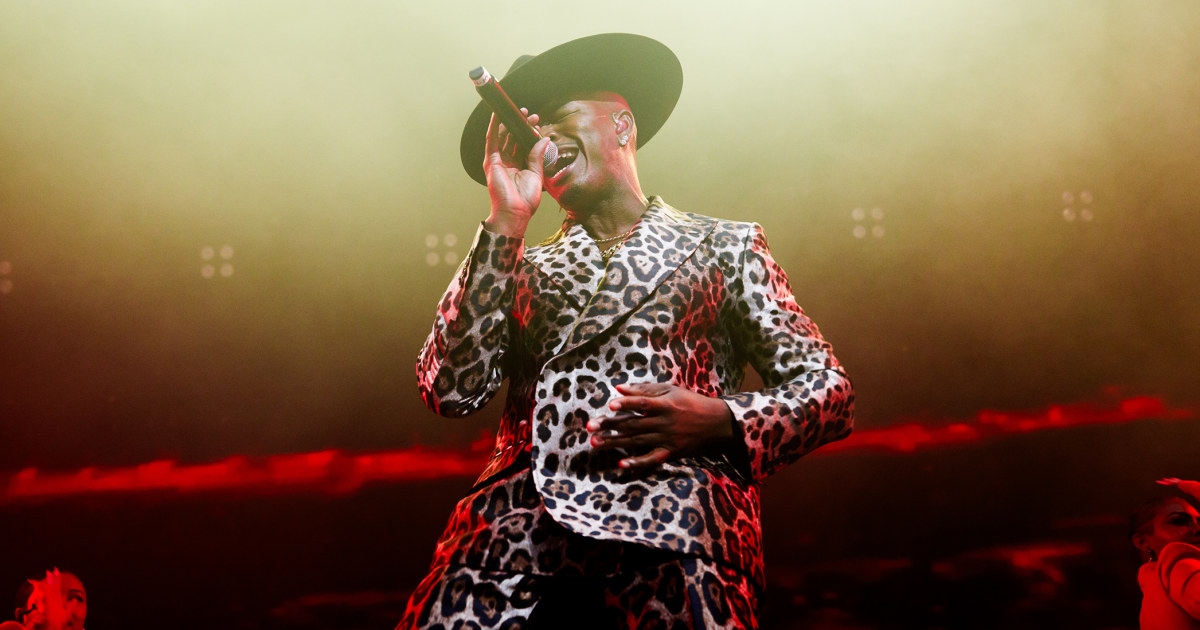World
How diabetic cyclist Logan Phippen races across the world

For as long as he can remember, Logan Phippen, 32, was drawn towards cycling. The American cyclist, who is now based in Spain, fondly recollects watching the Tour de France with his father. “It was something that I always wanted to do,” he reminisces. Equally fascinated by yoga, Phippen made a trip to Rishikesh, India, during a break from cycling in his early 20s when he realised that something was just not right with his body. “My meals were not metabolising and I was just wasting away. I had to tighten my belt all the time and was just not feeling good at all,” he says in this interview he gave Lounge on a recent trip to Bengaluru.
In the spring of 2016 in the United States, Phippen learnt after a thorough analysis that he had type 1 diabetes – a shocker considering he was all of 23 with no family history at the time (although his mother was diagnosed years later). “I felt it was time that I did something that meant a lot to me, which was going back to my childhood dream of being a cyclist,” he affirms.
Now a pro cyclist with Team Novo Nordisk, the world’s first all-diabetes professional cycling team, Phippen has completed races such as the Tour of Turkey, Baloise Tour of Belgium and the Tour du Limousin. Having been with the team for eight years now, he states, “In the world of racing, it’s very difficult to get an opportunity. One has to work and wait for years for something to develop. It’s also expensive to travel and get to the races. So, when I got this opportunity, I was full of gratitude.”
ALL IN A DAY
Phippen’s day starts at around 7am with a relaxed morning, during which he likes to read. Post a breakfast of bread or porridge depending on his schedule, he starts training at 10am. “The week is broken out into active recovery rides, high-intensity training and long sustained training,” he informs. In all this, the greatest challenge, he feels, is to maintain a stable glucose level during a race for the recovery of muscles. “It’s really easy to say that there is no difference to cycle with diabetes but in actuality, there is a big difference. For instance, we have to fuel the same amount as any other cyclist – so if I am going to race and my nutritionist says that I need to take 120gms of carbs an hour, I need to have it no matter what as muscle damage can be extreme during races,” he says.
Another important factor, he points out, is that the insulin sensitivity of the body increases incredibly during training. “You can have a set routine for your daily programme in life but for insulin at this level, there is no routine – it’s just a different process every day,” he adds.
Having cycled across countries such as Thailand, Japan, Turkey, France and Belgium, Phippen feels honoured to use his passion to create awareness against an ailment that has become so common. “In my early days, my ambition for cycling was a selfish one. But now, that very ambition layered with this cause seems so much more worthwhile. As a lot of stigma is associated with the condition, people need hope and when there is an inspiration to follow, it becomes all the more powerful for the community. This holds true especially for children, who are our future and need a source of inspiration to follow their dreams.”
Phippen’s goal now is to continue working with his team to empower society, which he believes, needs access to the latest technology, research, medication and nutrition plan. “We also need to motivate more people to get on the bike, even if it is just to get to work or to a friend’s house. People need to enjoy a little bit of physical activity with the sun on the face and the wind in the hair.”
His advice to all diabetics is to not give up or be afraid of exploring new pathways. “Remember that a goal cannot be decided in a day and achieved overnight. It has to be present every day in the actions that you commit. So, show up every day, take small steps, work towards it, deal with the challenges on the way and be patient with yourself. Understand that the body has its habits and if your goal is outside the scope of what you were doing before, it will take a lot of persistence to break down those habits. But it is indeed possible to overcome all that and retrain the body and the mind completely,” he concludes.
Deepa Natarajan Lobo is an independent journalist based in Bengaluru.









